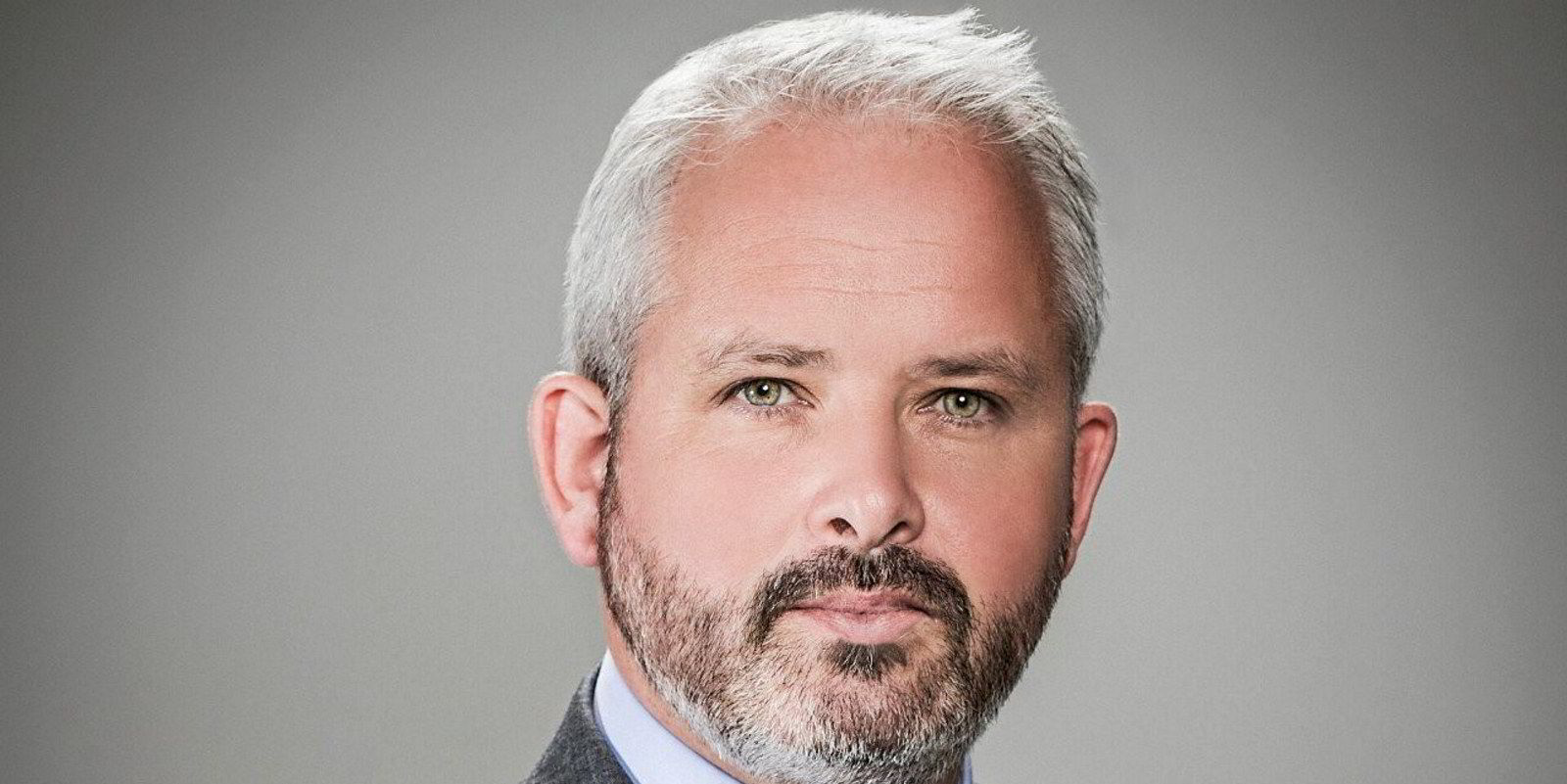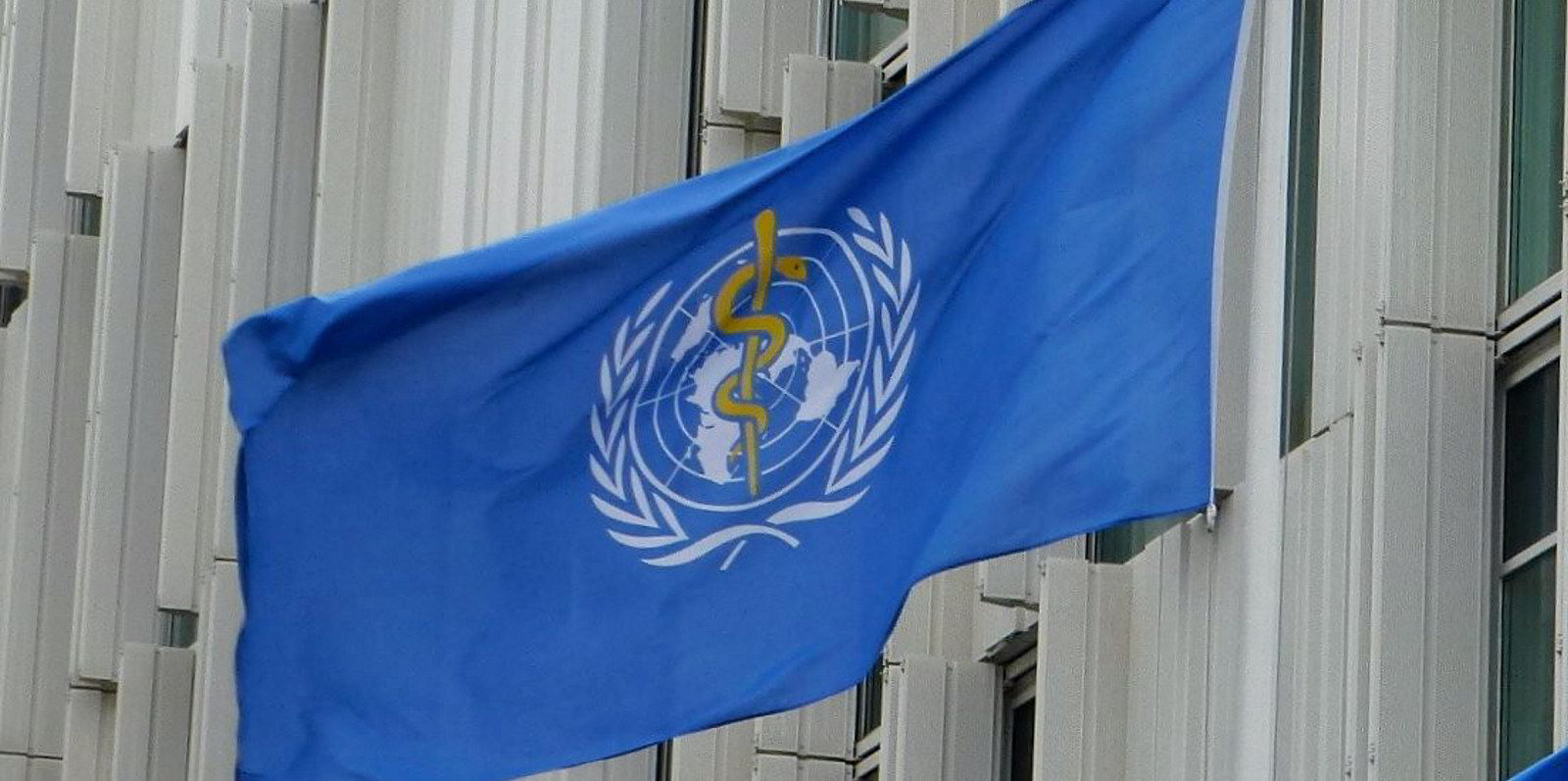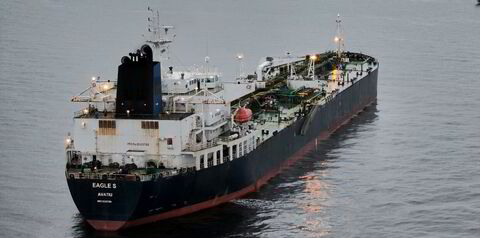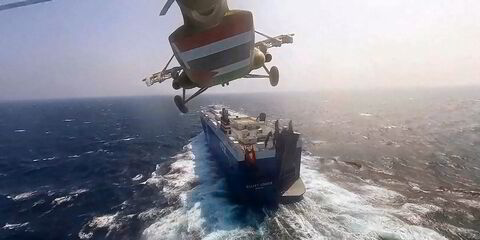World Maritime Day is celebrated annually on 30 September with a new theme. This year it is framed as "Seafarers: at the core of shipping's future", which seems ironic that something so obvious (workers enabling businesses to operate) is being so positioned and promoted in 2021.
The truth is that it has taken a global pandemic to refocus the shipping sector's attention on the real critical vulnerability of the assessed $17trn supply chain: the seafarer, along with the protection of their fundamental human and labour rights.
The truth is that even without the 2020 pandemic, seafarers and their families would still be suffering.
It has taken the UN Secretary General to declare a 'humanitarian crisis at sea' before we saw real action underscored by UN endorsement.
His words arguably prompted and reinforced co-ordinated commercial and state-level activities alongside international media coverage of the crew-change crisis, including cases of abandonment and non-payment of wages.
Yet, even that global coverage is now waning as the popular press moves on to the next story, while national priorities continue to dominate and take precedent.
And what of the Neptune Declaration on Seafarer Wellbeing and Crew Change which aims to promote and protect the welfare of seafarers?
Problems persist
Suicides, abandonment, missing seafarers, lack of vaccinations, denied medical treatment, denied crew changes, untreated mental illness and communication failures continue day-in and day-out. The list goes on in 2021 and seemingly without an end in sight.
In context, we are only talking about a worker force the size of the Scottish city of Glasgow keeping world trade running and predominantly staffed from the Indian sub-continent and Asian states. Yet it requires an overburdened international system of welfare organisations to maintain the well-being and care of those living, working, and transiting at sea.
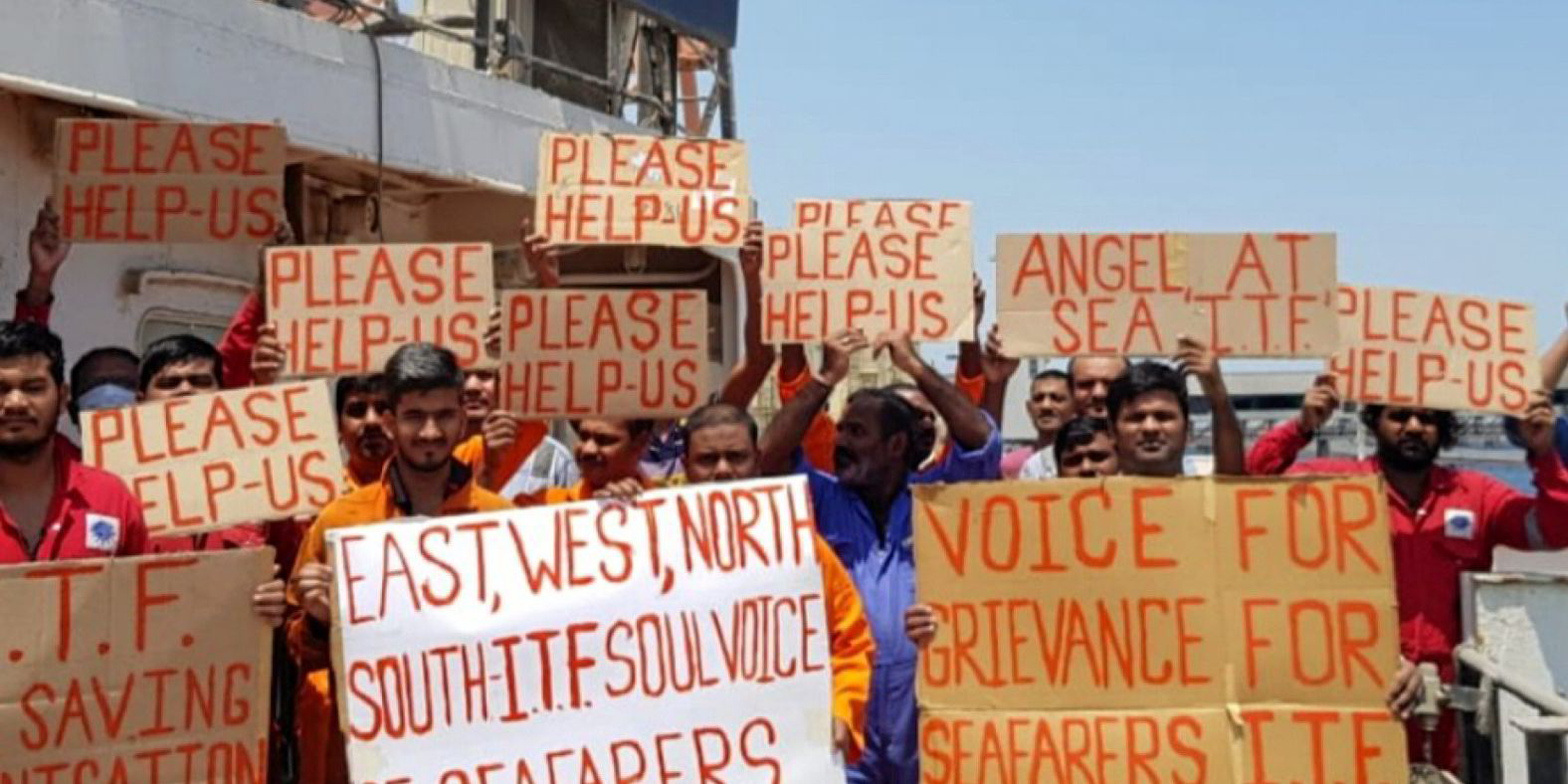
This long-established maritime welfare system is notably collectively underfunded and poorly assured of being sustainable in its provision of medium to long-term services.
This is despite recent collaborative efforts to commence reformation of the global maritime levy system, and the associated legislation of coastal states to provide for assured seafarer welfare provisions.
There remains a systemic failure in the foundations of the often cited "complex" industry with widespread impunity, minimal transparency, and minimal enforcement against known and proven abusers.
Fairly noting the good operators’ best efforts under what have been highly demanding pandemic conditions to address the challenges faced by their seafarers, the question remains: Will the situation of poor working conditions, encouraged and enabled by the 'bad and ugly' end of the industry operator spectrum, change?
In short. No.
Why?
There remains a systemic failure in the foundations of the often cited "complex" industry with widespread impunity, minimal transparency, and minimal enforcement against known and proven abusers.
The current policy at the International Maritime Organization, which means that no perpetrator of human or labour rights abuses will be named and exposed, reinforces a popular belief of a closed system which looks after their own.
Ending this policy of hiding abuses and silence would have an immediate, significant, and much needed positive impact on the lives of seafarers and their families.
In the prophetic and equally pertinent words of Greta Thunberg speaking at the Youth4Climate conference in Milan on 28 September: "Our hopes and dreams drown in their empty words and promises. ... Of course we need constructive dialogue, but they've had 30 years of 'blah, blah, blah', and where has that led us?"
Will World Maritime Day 2021 be more "blah, blah, blah" and kicking-the-can down the road dressed up as 'ongoing policy developments subject to committee meeting decisions' alongside minimum compliance levels? Or will it be a turning point where seafarers and their families are truly put first?
History will be the judge.
History will leave little place to hide for those leaders who fail to act, or simply abrogate their responsibilities in a passive non-confrontational manner as their pension pot steadily grows and retirement looms in their second home, most probably looking out to sea.
David Hammond is chief executive at Human Rights at Sea, a maritime charity.
